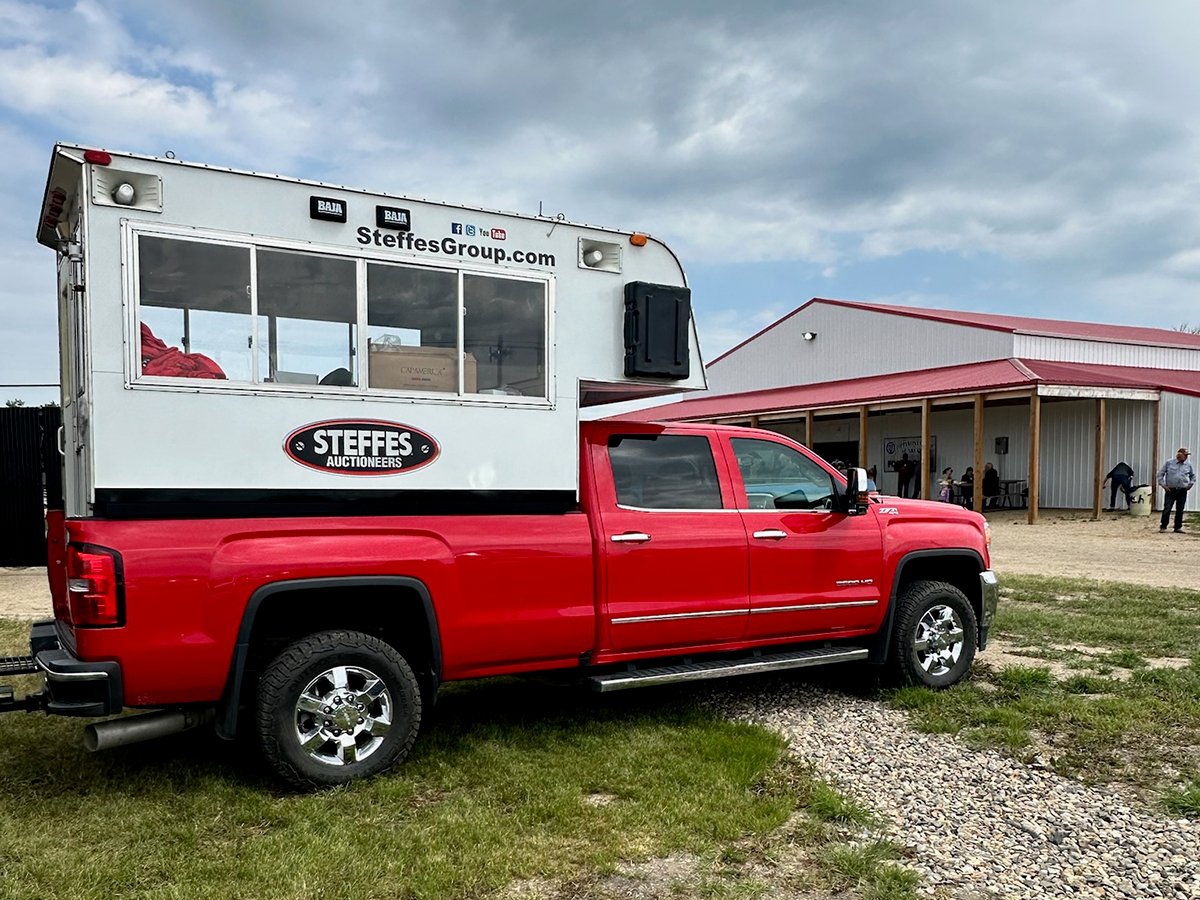Alcohol and horse blinders
I become upset when I hear of people using alcohol as an excuse to avoid being fully responsible for their behaviors.
I think some lawyers have done our country a disservice when they used intoxication as a defence to get a man off a murder charge, or have other charges reduced, because he was drunk at the time of the offence. And, unfortunately, I see this trend happening more and more, in recent Supreme Court decisions.
If a man tries to tell me he isn’t responsible for what he did because he had been drinking, I tell him I can only accept that as a valid excuse if he shows me pictures that he was held down and forced to drink.
Read Also

Farm auctions evolve with the times
Times have changed. The number of live, on-farm auctions is seeing a drastic decline in recent years. Today’s younger farmers may actually never experience going to one.
Alcohol does not, and should not, let us off the hook for our actions. “I was drinking” is not an excuse. It is refusal to accept responsibility for one’s actions. Many men have told me they don’t remember what they did because they drank so much they had a blackout. A blackout is merely acute alcohol poisoning of the brain. If a man had a total black-out, he would pass out and be totally unconscious. And despite Hollywood movie scripts, unconscious people don’t do anything. They just lie there, out cold.
Alcohol acts like horse blinders. On a race course the blinders prevent horses from being distracted or startled by what happens on the edges of their field of vision. Alcohol reduces the scope of our vision, physically, emotionally and morally. The more we drink, the less clearly we think and the more narrow (and usually foolish) our view of things become. The more we drink, the less we see the consequences of our behavior. The more we drink, the more we get tunnel vision. We still see things, and are aware of what is happening around us, but it gets less and less.
With every drink, the blinders angle in a bit more toward the middle. It’s like driving a car and still being able to see the white line on the road, but progressively not being able to see the ditches, the shoulders, the other lane, and eventually ourselves.
What many people refer to as an alcoholic blackout, I describe as reaching the point when those blinders have pulled together so close that all you see is a very narrow sliver of reality. And very drunk people usually don’t even see that clearly. When all people have to guide them is a narrow slit or perception, which may be fuzzy as well, no wonder they say they didn’t know what they were doing.
Some human behavior is triggered by severe mental illnesses, like schizophrenia. But in these cases a person has no control over brain chemistry changes that occur.
People choose to drink alcohol. Some may be alcoholic, where only one drink is one too many. But everyone is responsible for deciding whether or not to take that first drink. And if they do, the blinders will start to close.














